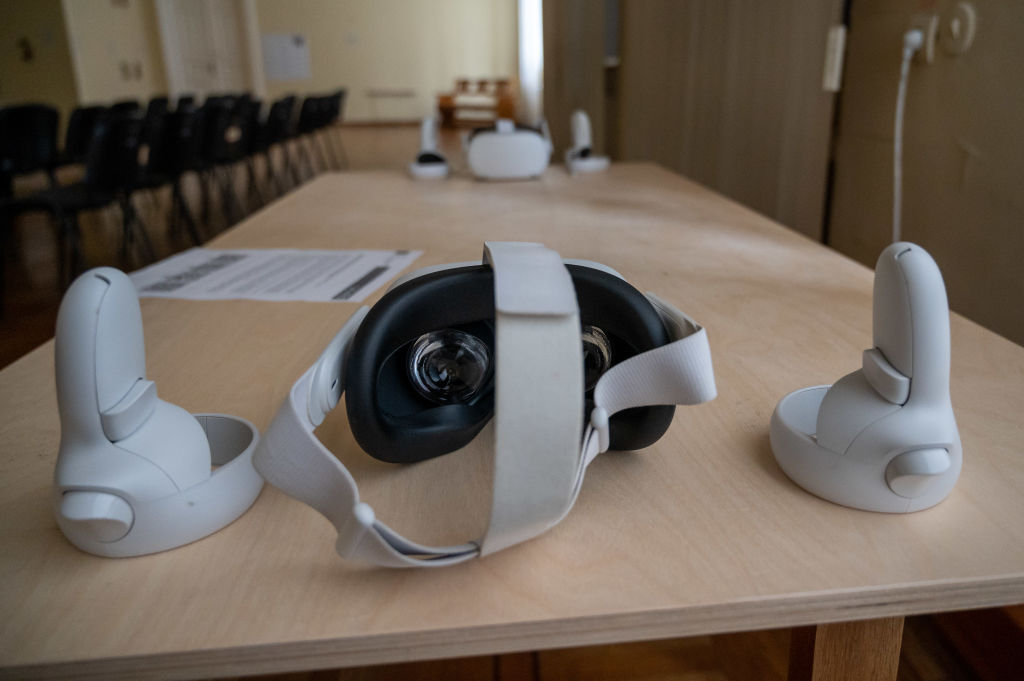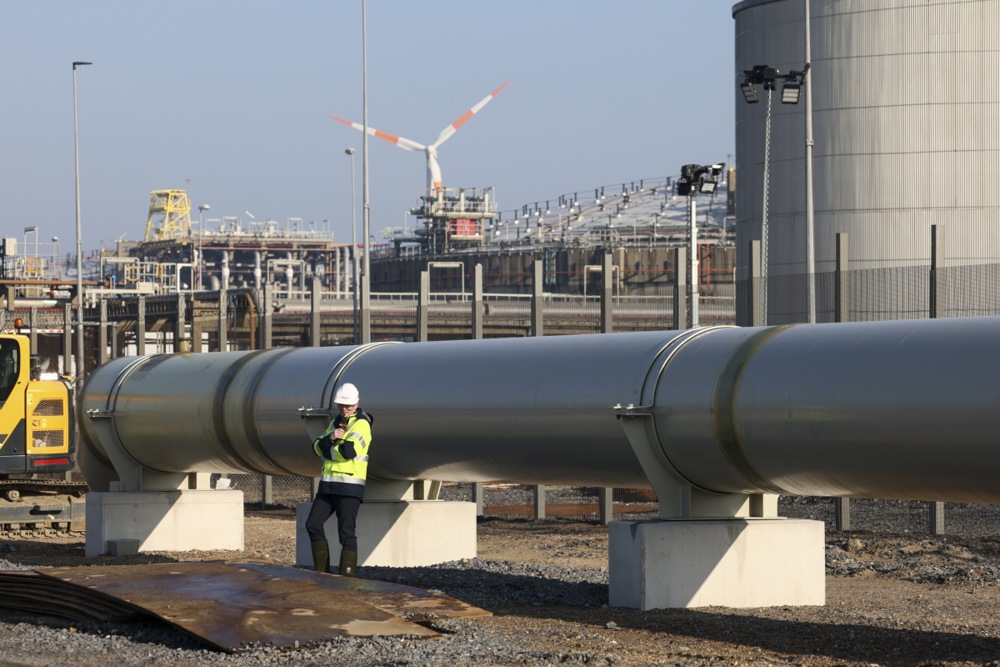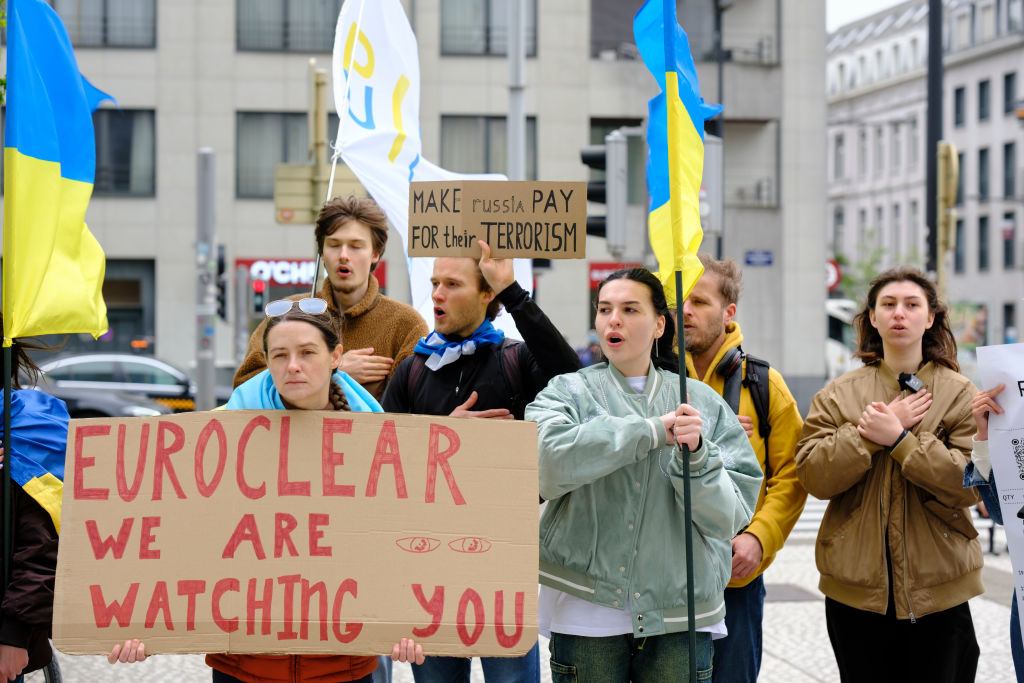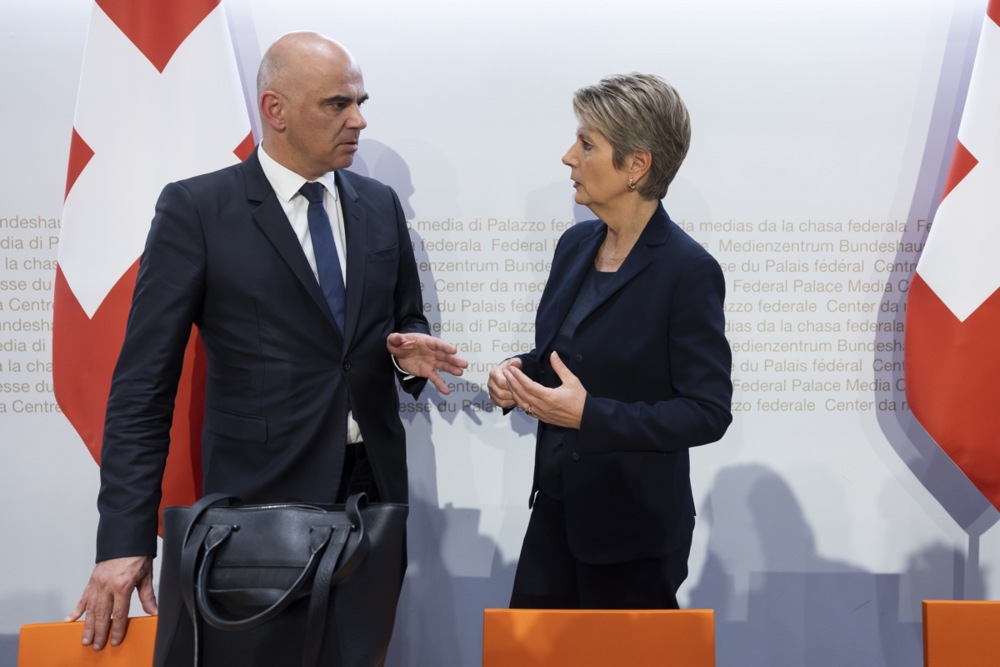The European Union has adopted its 16th Russia sanctions package as Ukraine enters its fourth year of war with Russia.
With the new round of sanctions implemented on February 24, the European Union said it wanted to close loopholes being used to circumvent existing sanctions.
The move had a particular focus on the so-called Russian “shadow fleet”, banks and trade in aluminium.
The Council of Ministers of the EU further decided to impose targeted restrictive measures on an additional 48 individuals and 35 entities it held “responsible for actions undermining or threatening the territorial integrity, sovereignty and independence of Ukraine”.
According to the Council, the new package maintained pressure on the Russian military and defence by listing several companies manufacturing weapons, ammunition and other military equipment and technologies.
Three entities that had been accused of transporting Russian crude oil and oil products and providing substantial revenues to the Russian Government, were put under fully-fledged sanctions.
They were seen as part of the Russian shadow fleet.
The package tightened export controls on goods and technology, especially oil and gas exploration software, to curb Russia’s production capacity.
It also broadened bans on supplying goods, tech and services for crude oil projects including Vostok, mirroring restrictions on LNG projects.
The Vostok Oil project was designed to unite the largest deposits in the north of Krasnoyarsk Territory in Siberia, according to Arctic Russia, the investment portal of the Arctic Zone of the Russian Federation.
Additionally, the Council prohibited temporary storage of Russian crude oil and petroleum products in the EU, regardless of price or destination.
603,628 KM² ???? pic.twitter.com/EhD05MmQOp
— European Commission (@EU_Commission) February 24, 2025
For the first time, it has decided to impose sanctions on Garantex, a Russian cryptocurrency exchange closely connected to EU-sanctioned Russian banks.
One Chinese firm specialised in the production of satellite imagery, notably to the benefit of the Russia’s military-industrial complex, together with its chairman and two senior officials in the Korean People’s Army, were also hit with sanctions.
Two pro-Russian news outlets were also targeted, NewsFront and SouthFront.
They were described as “notorious Russian propagandists”, presenting distorted interpretations of history and manipulated information in line with Kremlin messaging while also targeting European and global audiences with “distorted and manipulated information”.
On February 24, EU foreign policy chief Kaja Kallas said: “This new round of sanctions not only targets the Russian shadow fleet but those who support the operation of unsafe oil tankers, videogame controllers used to pilot drones, banks used to circumvent our sanctions, and propaganda outlets used to spout lies.
“There is no doubt about who the aggressor is, who should pay and be held accountable for this war. Every sanction package deprives the Kremlin of funds to wage war.
“With talks underway to end Russia’s aggression, we must put Ukraine in the strongest possible position. Sanctions provide leverage,” she added.
Maria Luís Albuquerque, European Commissioner for Financial Services, stated: “Russia must continue paying a high price for its actions. It is also essential that we continue to forge effective measures to prevent circumvention, against Russia and its accomplices. We will continue taking decisive action to ensure full implementation of our existing sanctions, and bring in new sanctions as necessary.”
EU delivers: Foreign Ministers just approved the 16th package of sanctions against Russia.
It hits everything from shadow fleet ships to gaming controllers used to control drones.
We now have the most extensive sanctions ever, weakening Russia’s war effort.
— Kaja Kallas (@kajakallas) February 24, 2025





